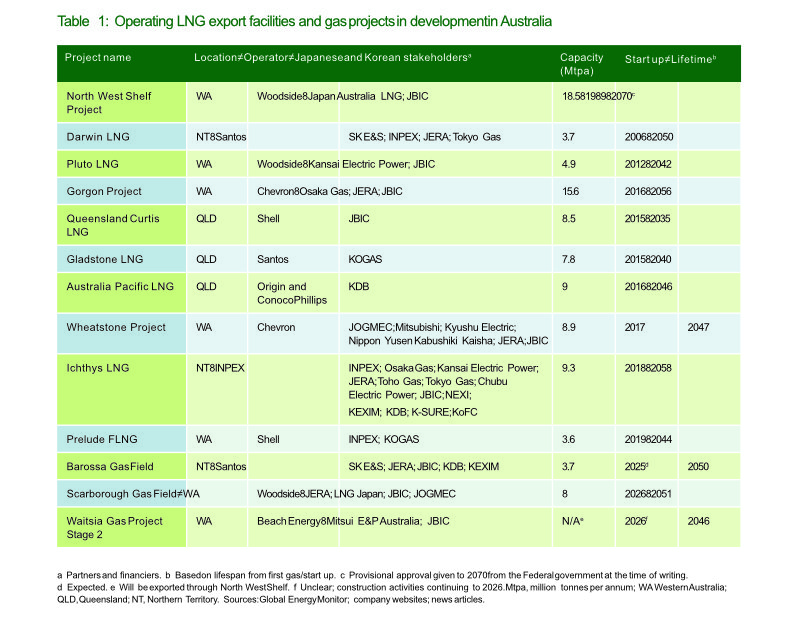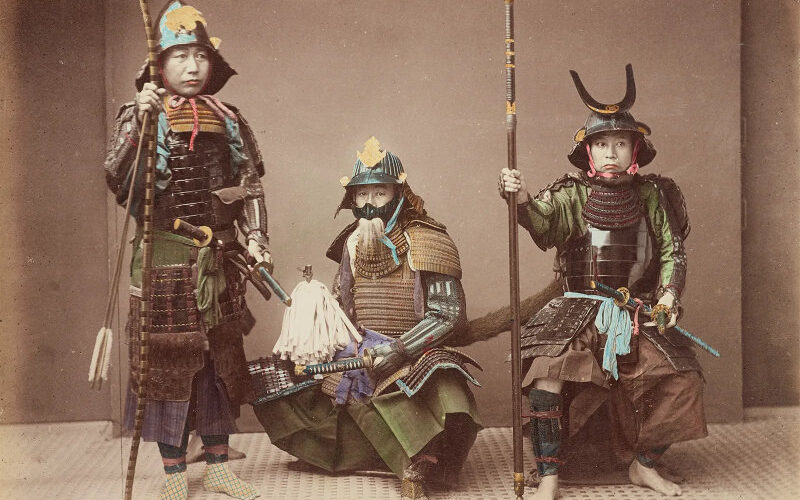Japan and South Korea have poured tens of billions into the Australian gas industry, keeping domestic supply low and prices high, while greenwashing Australia’s emissions. Kim Wingerei reports.
A new report by the Jubilee Australia Research Centre has been released at the right time to inform the public and the Government on just how our domestic gas industry is serving other countries more than Australia.
On July 1, Energy Minister Chris Bowen announced a “sweeping review” of gas market regulations to be conducted over the next six months.
A gas reservation policy is paramount to wresting national control of our gas resources away from multinationals and foreign governments. The consumer watchdog (ACCC) has warned of a “deteriorating outlook” for gas supplies for the east coast of Australia this year and next.
The Jubilee report highlights just how previous governments have enabled foreign countries to effectively control gas output, keeping domestic prices high. Labor now has a chance to change it.
Who controls our gas?
Australia is ‘only’ the seventh largest producer of liquefied natural gas (LNG) in the world, but the second biggest exporter. In 2023, we produced 142,000 million cubic metres of the stuff, exporting 73% of it; Japan, China, and South Korea imported the majority (78%).
According to the report, Japan and South Korea have also invested more than $ US$20B ($31B) into the Australian gas industry between 2008 and 2024. Japan’s export credit agency (JBIC) is responsible for 64% of this and is “involved in the majority of current LNG projects in Australia.”

Source: Jubilee Australia Research Centre
Australia not only exports enormous (largely untaxed) quantities of gas – 81 million tonnes, or $91B worth (2023) – but much of the gas is burned elsewhere, thus not counting negatively towards Australia’s emission targets.
Adding insult to injury, according to the reports’ principal author, Suhailah Ali, “The majority of Australian LNG facilities are not paying Royalties, none are paying Petroleum Resource Rent Tax, and pay very minimal company tax.”
Gas empire
The Japanese Government hides behind a narrative that the gas is needed to “keep the lights on in Tokyo.” A bit of a furphy, given that one-third of the gas Japan imports from Australia is re-exported.
For Japan, natural gas is a big, profitable business.
Both Japan and Korea continue to invest heavily in the extraction, processing, transport and deployment of gas, despite making public commitments to transition away from fossil fuels. According to the Jubilee report, these countries are “building out an Asia-wide Gas Empire intended
to keep the gas industry operating and profiting for as long as possible.
Japanese government directives explicitly direct Japanese companies to increase overseas LNG investments in order to, in their words, “cultivate Asian demand”.
A demand filled by Australian gas.
As the Jubilee report concludes, “while Australia has committed to ending its own public financing of fossil fuels overseas through the Clean Energy Transition Partnership (CETP), it is still allowing and encouraging overseas governments to underwrite its home-grown gas expansion.”
Read the full report here.
 Loading...
Loading...
‘Valley of death’ or mountain of spin? Gas reservation must be retrospective to cut power bills
Kim Wingerei is a businessman turned writer and commentator. He is passionate about free speech, human rights, democracy and the politics of change. Originally from Norway, Kim has lived in Australia for 30 years. Author of ‘Why Democracy is Broken – A Blueprint for Change’.

